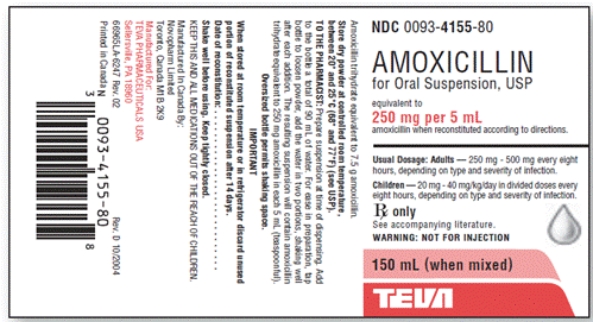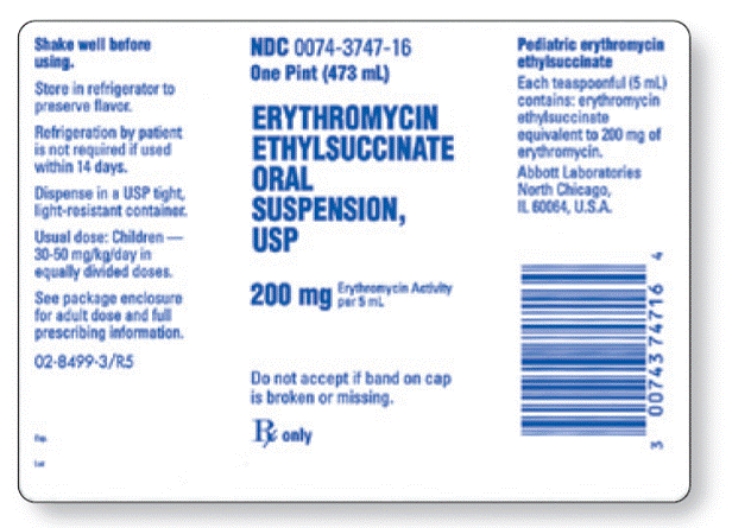Exam 52: Math and Dosage Calculations
Exam 1: Introduction to Medical Assisting76 Questions
Exam 2: Healthcare and the Healthcare Team80 Questions
Exam 3: Professionalism and Success75 Questions
Exam 4: Interpersonal Communication97 Questions
Exam 5: Legal and Ethical Issues85 Questions
Exam 6: Infection Control Fundamentals74 Questions
Exam 7: Safety and Patient Reception73 Questions
Exam 8: Office Equipment and Supplies155 Questions
Exam 9: Examination and Treatment Areas97 Questions
Exam 10: Written and Electronic Communication84 Questions
Exam 11: Medical Records and Documentation75 Questions
Exam 12: Electronic Health Records72 Questions
Exam 13: Managing Medical Records74 Questions
Exam 14: Telephone Techniques89 Questions
Exam 15: Patient Education75 Questions
Exam 16: Schedule Management80 Questions
Exam 17: Insurance Billing80 Questions
Exam 18: Diagnostic Coding74 Questions
Exam 19: Procedure Coding75 Questions
Exam 20: Patient Collections and Financial Management142 Questions
Exam 21: Organization of the Body145 Questions
Exam 22: The Integumentary System100 Questions
Exam 23: The Skeletal System154 Questions
Exam 24: The Muscular System100 Questions
Exam 25: The Cardiovascular System89 Questions
Exam 26: The Blood74 Questions
Exam 27: The Lymphatic and Immune Systems78 Questions
Exam 28: The Respiratory System91 Questions
Exam 29: The Nervous System130 Questions
Exam 30: The Urinary System91 Questions
Exam 31: The Reproductive Systems124 Questions
Exam 32: The Digestive System112 Questions
Exam 33: The Endocrine System80 Questions
Exam 34: Special Senses92 Questions
Exam 35: Infection Control Practices105 Questions
Exam 36: Patient Interview and History96 Questions
Exam 37: Vital Signs and Measurements93 Questions
Exam 38: Assisting With a General Physical Exam75 Questions
Exam 39: Assisting in Reproductive and Urinary Specialties74 Questions
Exam 40: Assisting in Pediatrics75 Questions
Exam 41: Assisting in Geriatrics75 Questions
Exam 42: Assisting in Other Medical Specialties75 Questions
Exam 43: Assisting in Eye and Ear Care75 Questions
Exam 44: Assisting in Minor Surgery92 Questions
Exam 45: Orientation to the Lab85 Questions
Exam 46: Microbiology and Disease117 Questions
Exam 47: Processing and Testing Urine and Stool Samples95 Questions
Exam 48: Collecting, Processing, and Testing Blood Specimens75 Questions
Exam 49: Electrocardiography and Pulmonary Function Testing94 Questions
Exam 50: Diagnostic Imaging79 Questions
Exam 51: Principles of Pharmacology104 Questions
Exam 52: Math and Dosage Calculations74 Questions
Exam 53: Medication Administration76 Questions
Exam 54: Physical Therapy and Rehabilitation78 Questions
Exam 55: Nutrition and Health90 Questions
Exam 56: Practice Management76 Questions
Exam 57: Emergency Preparedness105 Questions
Exam 58: Preparing for the World of Work76 Questions
Select questions type
Mrs. Adamson is to take 2 tablespoons of medication every 6 hours for 10 days. The pharmacy will have to dispense a total of ________ fluid ounces for this prescription.
Free
(Short Answer)
4.9/5  (40)
(40)
Correct Answer:
40
An equivalent measure for 5 mL is ____.
Free
(Multiple Choice)
4.9/5  (26)
(26)
Correct Answer:
C
The licensed practitioner orders Depakene syrup 15 mg/kg/day divided into 2 doses per day for a child who weighs 33 lb. You have on hand Depakene syrup 250 mg/5 mL. How much syrup will you administer per dose?
Free
(Multiple Choice)
4.8/5  (31)
(31)
Correct Answer:
C
If the licensed practitioner orders 120 mg of thyroid and each tablet contains 30 mg, how many tablets will the patient be given?
(Multiple Choice)
4.7/5  (36)
(36)
How many capsules will the patient take if the ordered dosage is 500 mg of ampicillin, and each capsule contains 250 mg?
(Multiple Choice)
4.8/5  (30)
(30)
The patient is supposed to take 5 mL of medication 4 times per day for 6 days. The pharmacist should dispense a total of ________ oz of medication to the patient.
(Short Answer)
4.9/5  (31)
(31)
The licensed practitioner orders 0.5 g of ampicillin. Dosage available is 250 mg capsules. The patient should receive ____ capsules for this order.
(Short Answer)
4.8/5  (32)
(32)
Which of the following is the apothecary equivalent to 30 mL in the metric system?
(Multiple Choice)
4.7/5  (39)
(39)
If the basic metric unit is divided by _____, the resulting unit prefix is micro-.
(Multiple Choice)
4.8/5  (43)
(43)
Rosie is a 3-year-old child who has a confirmed bacterial pneumonia caused by Streptococcus pneumoniae. The physician orders Zinacef 50 mg/kg/day IM q6h. Rosie weighs 30 lb. How many milligrams of the medication will Rosie receive in one dose?
(Multiple Choice)
4.9/5  (42)
(42)
A patient drank 1 cup of coffee, 1/2 cup of juice, and three 8-oz glasses of water. What is the metric equivalent, in liters, of the total amount of fluids the patient drank?
(Multiple Choice)
4.8/5  (36)
(36)
 -The physician ordered 30 mg/kg/day every 8 hours of this medication for an 8-year-old child who weighs 55 pounds. How much medicine will the child receive in one dose.
-The physician ordered 30 mg/kg/day every 8 hours of this medication for an 8-year-old child who weighs 55 pounds. How much medicine will the child receive in one dose.
(Multiple Choice)
4.8/5  (24)
(24)
Whenever you perform a dosage calculation, you should think about your answer and determine if it is ________.
(Short Answer)
4.9/5  (31)
(31)
 -The physician has ordered erythromycin 40 mg/kg/day po q6h for a child who weighs 33 pounds. Refer to the label shown in the figure. How much will you administer per dose?
-The physician has ordered erythromycin 40 mg/kg/day po q6h for a child who weighs 33 pounds. Refer to the label shown in the figure. How much will you administer per dose?
(Multiple Choice)
4.9/5  (43)
(43)
The method of dosage calculation in which you set up equivalent fractions and solve for the unknown amount is the ________ method.
(Short Answer)
4.8/5  (32)
(32)
Carson's plan of care is to gain 2 lb each month for the next 4 months. He now weighs 40 kg. At the end of 4 months, Carson should weigh ________ pounds.
(Short Answer)
4.9/5  (39)
(39)
The licensed practitioner orders 45 mL of a medication. How many tablespoons of the medication should be given?
(Multiple Choice)
4.8/5  (42)
(42)
Showing 1 - 20 of 74
Filters
- Essay(0)
- Multiple Choice(0)
- Short Answer(0)
- True False(0)
- Matching(0)